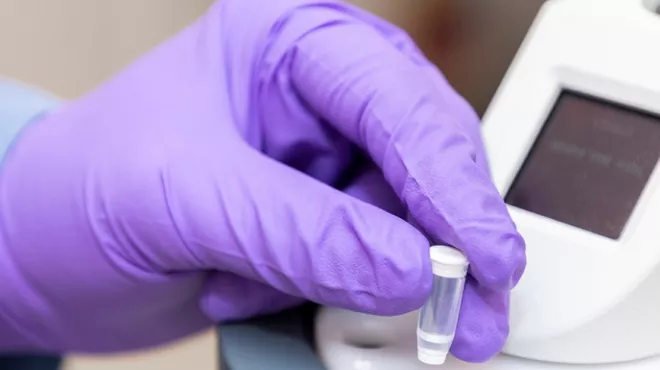Imagine having a mobile device that monitors your health so thoroughly that your personal health information will be sent to your physician or care team, enabling them to call you to discuss your symptoms and treatment options in real-time.

This scenario is no longer science fiction. Healthcare and technology companies are developing increasingly sophisticated mobile health applications, services and a range of products such as monitoring devices and wearable sensors. These will join growing numbers of products currently available, including some 97,000 healthcare apps which were downloaded by more than 250 million internet users last year, according to one recent market study.
“I have seen the impact of new devices during my own quest for a healthier life,” said Lita Sands, Head of Global Digital Transformation at Novartis. “The data they provide us, for instance knowing how many steps we’ve taken or how much effort our run took, gives us tremendous insight into our behavior. This knowledge provides the ability for us to change our ways.”
There’s an app for that
Mobile healthcare technology, sometimes called mHealth, is already changing the way doctors and patients interact. Medical education apps mean patients have access to information that helps them diagnose their problem even before they consult a doctor.
One example of mHealth services are tracking and monitoring apps that gather data of increasing detail and quality about a patient’s symptoms and general health while new communication platforms let doctors use these to interact with patients remotely. Data would only be shared with patient consent and in a way that is consistent with patient privacy. Sharing information can make healthcare more cost-effective as well as improving the quality of relationships between doctors and patients.
Novartis, like other healthcare companies, is increasing investment in this rapidly evolving area of technology. In the earliest days of app development, for instance, the company produced solutions for patients with chronic obstructive pulmonary disease (COPD), VaxTrak, an app aimed at helping families manage their children’s vaccination schedule, and Podhaler Pro for patients with Cystic Fibrosis.
Now, as technology evolves further, the company is exploring new ways to develop increasingly sophisticated digital resources.
In 2013 Novartis organized an ‘mHealth Challenge’ – a 48-hour development marathon in the heart of Silicon Valley in the United States, aimed at identifying a novel way to use mobile technology to address a major health challenge. More than 160 developers and companies competed for cash prizes, designing a mobile solution that would help provide caregivers with novel tools to navigate the daily challenges of caring for a loved one with heart failure
The winning solution, created by Sense.ly, features an avatar medical assistant that allows health care professionals to remotely monitor the health of someone living with the disease.
Work is continuing to build on the ideas that came out of the challenge based on patient research, and it is set to become available later this year.
New services on the way
Growing collaboration with the technology sector could result in many new mHealth services in the coming years, says Michele Angelaccio, Associate Director US Mobile Health Strategy at Novartis Pharmaceuticals.
“For example, the start-up community has the expertise to create the innovative solution, but it’s up to us to determine how it’s relevant to our customer base and if it can ultimately drive improved health outcomes,” says Angelaccio. “We have a unique understanding of the challenges doctors and patients are facing, and can help guide start-ups in building and testing proposed solutions. Partnering with these health technologists is the cornerstone of our mobile health strategy. It will continue to propel us forward as an innovator and it is the means by which mHealth will help us to meet our customers’ needs and solve some of the business challenges we’re facing.
Novartis is already working on several mobile health solutions that could reach the market in the near future, including some that enable patients to undergo testing, diagnosis and treatment remotely.
“Through solutions like these, we intend to make a major change in the way care is delivered, and increase access to health services,” said Angelaccio.



